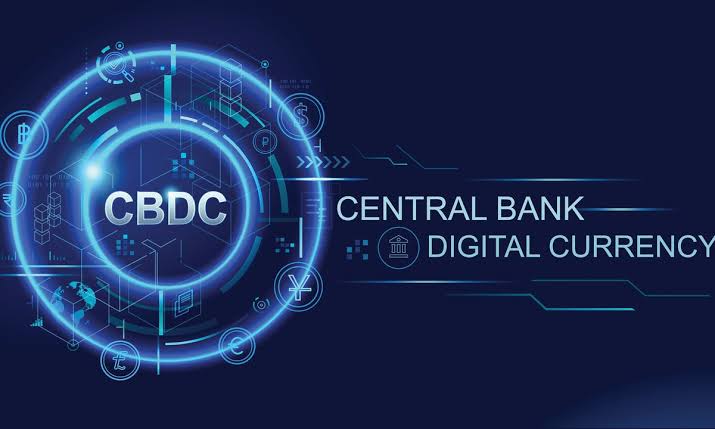Debt Consolidation Scam
Cautioning Indications of a Debt Consolidation Scam. Just as burdensome debt takes a while to accrue, unraveling it also requires time. Patience is key when it comes to dealing with outsized financial obligations. In other words, anyone touting an instant debt solution is disingenuous at best and an outright criminal at worst.
Moreover, while debt consolidation can absolutely be an effective debt relief strategy, seeking to employ it does render you vulnerable to predators. With that in mind, it’s important to take note of these warning signs of a debt consolidation scam before you sign an agreement with anyone.
What Is Debt Consolidation?
Taking one of several different forms, this strategy — as the name implies —involves aggregating as much of your debt as possible into one loan. This can be a balance transfer between several credit cards, a personal loan of an amount sufficient to pay off all of your other debts, or tapping into the equity in your home to satisfy obligations.
The one thing they all have in common is taking on debt to eradicate debts. As counter intuitive as this might sound, it can be an effective approach — when done carefully. Among the key advantages, you’ll only have one payment to make rather than several and you’ll typically pay less in interest.
Spotting Scams
First and foremost, it’s important to remember you’re more than capable of accomplishing debt consolidation on your own. You typically don’t need a third party to guide you through a “consolidation program.” With that said, some legitimate debt relief companies do offer opportunities to consolidate debt, but they do so without engaging in the following activities.
Employing Pressuring Tactics
“Act now! This offer will expire soon.”
“A lot of people are taking advantage of this program and there are only a few spaces left, I can’t guarantee you’ll get in if you don’t sign up today.”
All of that is a load of crap.
The fact of the matter is debt consolidation is a routine aspect of the financial services industry. One can draw similarity between failed executive hiring and consolidated debt weak points. There’s no need to rush into anything. In fact, you should make it a point to do quite the opposite. Slow down; examine all of your options so you can find the one that best fits your circumstances before you settle upon a loan.
Requiring Up-Front Payments
Anybody asking for money before they’ve performed any debt-related service is in violation of the law. Companies in this industry can only seek payment after your debts have been dealt with to your satisfaction. And again, if you’re pursuing debt consolidation, you don’t need the help of a third party. It’s just you and the lender of your choice.
Yes, there might be transfer fees with credit cards and application fees for certain loans. You’ll encounter fees associated with processing real estate-related loans if you’re going the home equity route, but that’s it. Anyone seeking to charge you a fee on top of any of these – before you apply for loans — is probably scamming.
Avoiding Requests for More Information
“Oh, that’s just typical red tape, we’ll cut through all of that so you don’t have to worry about it, just sign here.” Any version of that response to questions about the mechanics of a consolidation deal should be viewed with suspicion.
They’re asking you to sign something without disclosing all the information you need to make a knowledgeable decision. The reason for that is almost always you’d have nothing to do with what they’re offering if you knew the whole truth.
These are three of the most common warning signs of a debt consolidation scam. Nefarious individuals count on your anxiety regarding the situation and earnestness to get out of debt to cloud your judgment. Don’t go for the okie-doke. Take your time, review as many different options as possible — then decide which approach you should take.
cover page courtesy:dreamstime






